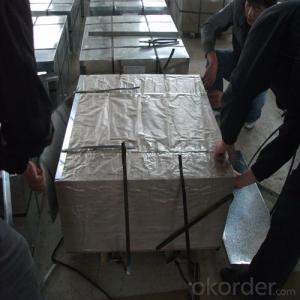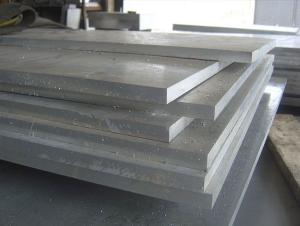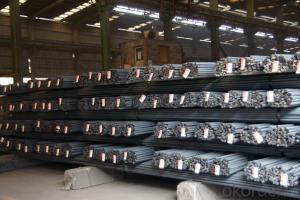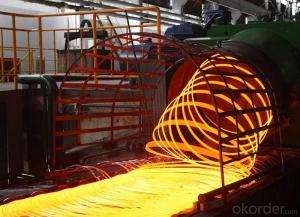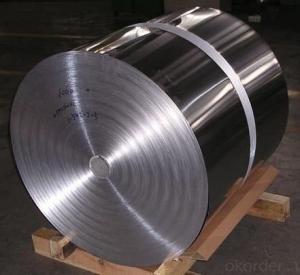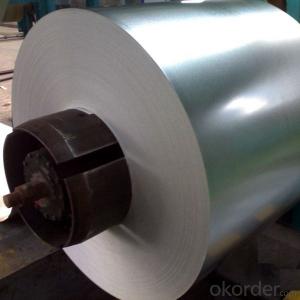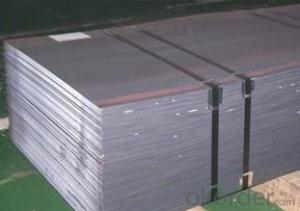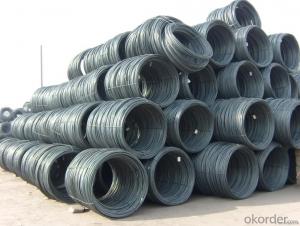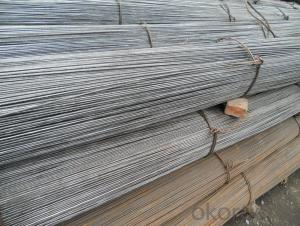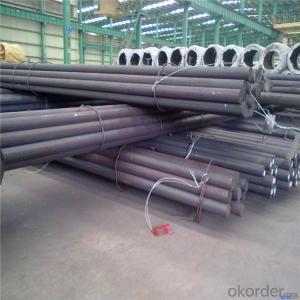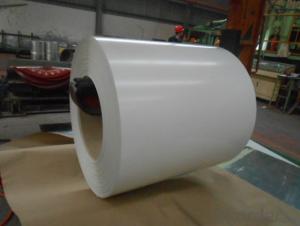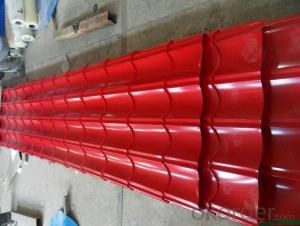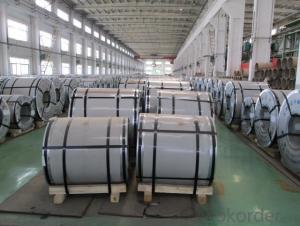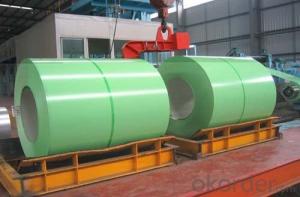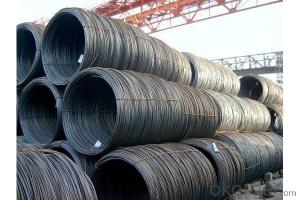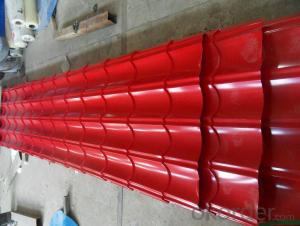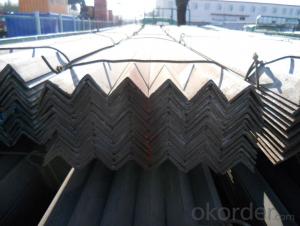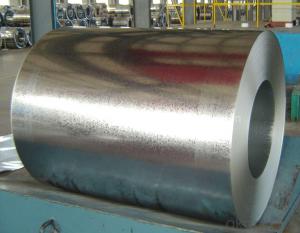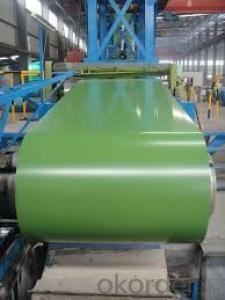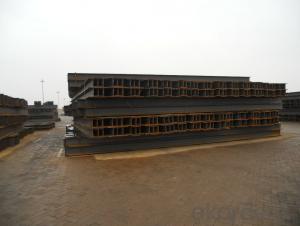All Categories
- - Steel Wire Rod
- - Steel Coils
- - Steel Profiles
- - Steel Pipes
- - Stainless Steel
- - Tinplate
- - Special Steel
- - Steel Sheets
- - Steel Rebars
- - Steel Strips
- - Hot Rolled Steel
- - Cold Rolled Steel
- - Pre-painted Steel
- - Seamless Steel Pipe
- - Welded Steel Pipe
- - Hollow Steel Tubes
- - Galvanized Pipe
- - Stainless Steel Coil
- - Stainless Steel Sheet
- - Stainless Steel Plate
- - Stainless Steel Strips
- - Electrolytic Tinplate Coil
- - Electrolytic Tinplate Sheet
- - Stainless Steel Rebars
- - Solar Panels
- - Solar Water Heater
- - Solar Related Products
- - Solar Inverter
- - Solar Cells
- - Solar Light
- - Solar Energy Systems
- - Solar Controllers
- - Solar Mounting System
- - Solar Pump
- - Solar Chargers
- - Fiberglass Chopped Strand
- - Fiberglass Mesh Cloth
- - Composite Pipes
- - FRP Pultrusion Profiles
- - Fiberglass Mat Tissue
- - Fiberglass Fabrics
- - Fiberglass Mesh
- - Composite Tank
- - Fiberglass Mesh tape
- - Polymer
- - FRP Roofing Panel
- - Fiberglass Roving
- - Monolithic Refractories
- - Ceramic Fiber Products
- - Refractory Bricks
- - Raw Materials For Refractory
- - Suspended Platform
- - Cranes
- - Concrete Machinery
- - Earthmoving Machinery
- - Building Hoist
- - Road Building Machinery
- - Plastic Pipe Fittings
- - Plastic Tubes
- - Plastic Sheets
- - Agricultural Plastic Products
- - Plastic Nets
 All Categories
All Categories
Q & A
How does hot-rolled steel compare to cast iron in construction applications?
Hot-rolled steel is generally preferred over cast iron in construction applications due to its superior strength, durability, and versatility. It offers higher tensile strength, making it suitable for bearing heavy loads and withstanding extreme weather conditions. Additionally, hot-rolled steel has better ductility, allowing for easier shaping and customization according to specific construction requirements. While cast iron is valued for its heat resistance and ability to dampen vibrations, hot-rolled steel is more commonly used for its overall structural integrity and cost-effectiveness in construction projects.
How is hot rolled steel used in the manufacturing of state-of-the-art transportation solutions?
Hot rolled steel is widely used in the manufacturing of state-of-the-art transportation solutions due to its exceptional strength and durability. It is often utilized in the construction of vehicle frames, chassis, and structural components, providing the necessary strength to withstand rigorous demands and ensure passenger safety. Additionally, hot rolled steel's malleability allows for complex shaping and forming processes, enabling the creation of intricate designs and aerodynamic structures. Its versatility and cost-effectiveness make it an ideal material for the production of modern transportation solutions, including automobiles, trains, ships, and aircraft.
What are the environmental considerations of hot rolled steel production?
Hot rolled steel production has several environmental considerations. Firstly, the process involves high energy consumption, contributing to greenhouse gas emissions and climate change. Additionally, the extraction and processing of iron ore, the primary raw material for steel production, can lead to habitat destruction and water pollution. The use of fossil fuels in the manufacturing process also releases harmful pollutants into the air, such as sulfur dioxide and nitrogen oxide. Moreover, hot rolling requires large amounts of water, which can strain local water resources and lead to water contamination. Lastly, the disposal of waste materials, such as slag and scale, can pose challenges for proper management and potential environmental impacts. Overall, mitigating these environmental concerns is crucial to ensure sustainable steel production.
What is the role of hot rolled steel in shipbuilding?
Hot rolled steel plays a crucial role in shipbuilding as it is widely used for constructing the main structural components of ships, including the hull, frames, and decks. Its high strength, durability, and excellent formability make hot rolled steel ideal for withstanding the harsh marine environment and providing structural integrity to ships. Additionally, the malleability of hot rolled steel allows for easier shaping and welding, facilitating the construction process and ensuring the overall safety and performance of the vessel.
Wholesale Hot Rolled Steel from supplier in Nicaragua
We are a Hot Rolled Steel supplier serving the Nicaragua, mainly engaged in the sale, quotation, and technical support services of various Hot Rolled Steel products in the Nicaragua region. We are a subsidiary platform of the Fortune Global 500 company CNBM, able to provide you with one-stop Hot Rolled Steel procurement services in the Nicaragua. Not only do we have a wide range of Hot Rolled Steel products, but after years of market development in the Nicaragua, we can also provide valuable experience for your projects.
